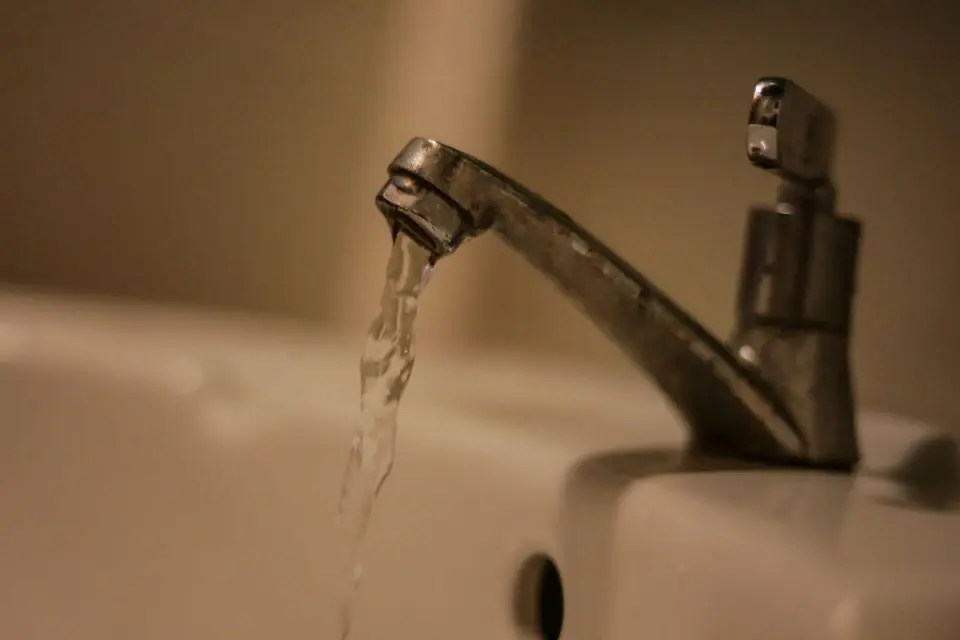KUALA LUMPUR, Dec 3 — The need to better manage and protect water resources has become a priority as Non-Revenue Water (NRW) remains one of the major challenges facing many water utilities especially in developing countries, according to the National Water Service Commission (SPAN).
SPAN said the implementation of the movement control order (MCO) in March due to the Covid-19 pandemic had affected NRW-related works to tackle commercial losses such as the physical loss.
SPAN Water and Sewerage Regulatory Department executive director Muhamad Sobri Zakaria said this could disturb the strategy and planning that the water operators have prepared to tackle the NRW programme.
“The minister also announced (something) that will give impact to the NRW (which) was the tariff review that at the moment will not be implemented by SPAN this year.
“So it will hamper the overall planning for the operators, not only the capital expenditure demand and supply planning, but including the important practice of the NRW programme,” he said during the Asiawater Virtual Event 2020 conference session titled ‘Non-Revenue Water Challenges’ yesterday.
In the 11th Malaysia Plan, the NRW programme Approach Two was introduced as a performance-based incentive to encourage water operators to continuously increase their effort in reducing NRW, with the government reimbursing their expenditure if the target was achieved.
Following this, Muhamad Sobri said, SPAN had proposed to the government to continue the Approach Two programme in the 12th Malaysia Plan (2021-2025), as the current plan will end this year.
Speaking at the same virtual conference, Ranhill Water Services chief executive officer Khairul Effendy Tusam said Malaysia needed an immediate and medium-term action as well as a sustainable long-term policy.
“Because NRW is something that we cannot be complacent, and we cannot leave it. After we reduce it to a certain level, we have to continue doing it.
“Once we get to a certain level, for example, if we target 20 per cent (of NRW percentage) and let’s say we achieve the 20 per cent, there’s got to be sufficient measures and financial allocation for us to go forward to maintain it at 20 per cent,” he said.
The 11th Edition of Asiawater Virtual Event 2020, held from November 30 to December 3, was aimed at keeping the water and wastewater industry in Malaysia and across Southeast Asia connected, in line with the government’s initiative to improve water quality and achieve the 6th Sustainable Development Goals 2030.
The virtual event, opened by Malaysian Minister of Environment and Water Datuk Seri Tuan Ibrahim Tuan Man, brought together over 100 online exhibitors including local and international players from EU, China, Korea, Singapore, Taiwan, and the Netherlands.
With over 30 sessions of conference and seminar topics delivered by high-profile speakers from across the globe, the event was the best hub for knowledge sharing and to spark the right conversation to move and prepare Southeast Asia towards sustainability.
The Asiawater Virtual Event 2020 platform will remain open until December 11. Visit https://virtual.Asiawater.org/ for more information.
— Bernama





